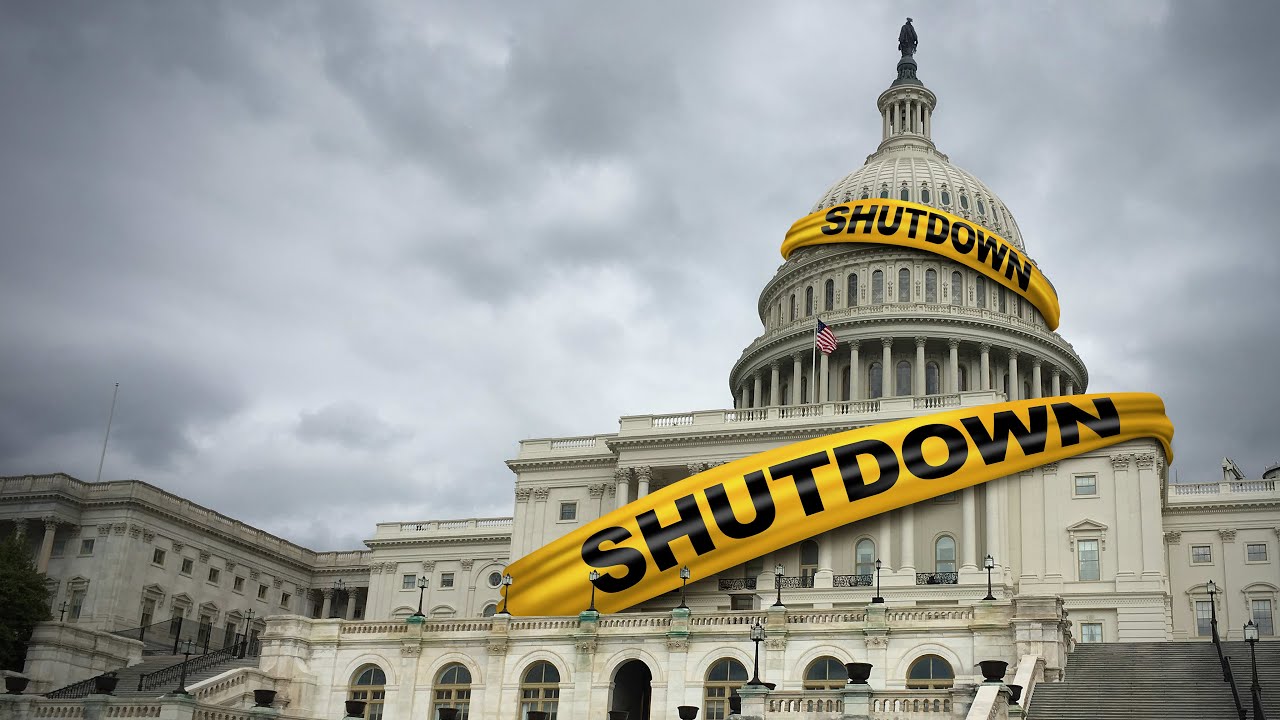The United States government shutdown has extended into its second week, creating a ripple effect across various sectors of the economy. As lawmakers remain deadlocked over federal budget allocations, the impact is increasingly visible in both public and private domains. This article delves into the ramifications of the prolonged shutdown, emphasizing its effects on federal agencies like the Securities and Exchange Commission (SEC) and the Commodity Futures Trading Commission (CFTC), and the broader implications for financial markets and economic stability.
Federal Agencies Facing Operational Constraints
With the shutdown in its sixth day, agencies such as the SEC and CFTC are operating under severe restrictions. These entities play critical roles in regulating and overseeing the nation’s financial markets. However, due to limited funding, they are forced to operate with minimal staff, focusing only on essential functions. This has raised concerns about the efficiency and effectiveness of financial oversight during this period.
The SEC, responsible for protecting investors and maintaining fair, orderly, and efficient markets, has had to limit its regulatory and enforcement activities. Essential services such as filing and approval processes for securities are delayed, creating potential setbacks for companies planning Initial Public Offerings (IPOs) or other market-related initiatives. Similarly, the CFTC, which oversees the derivatives market, faces challenges in completing investigations and enforcement actions, possibly leading to increased market volatility.
Impact on Financial Markets
The financial markets are showing mixed responses to the ongoing government shutdown. Historically, prolonged shutdowns have led to increased uncertainty and volatility in the stock markets. Investors often react negatively to the uncertainty surrounding government operations, which can result in fluctuations in stock prices.
Moreover, the shutdown may affect the timetable for releasing key economic reports, leading to speculation and apprehension in the markets. Economic data releases play an integral role in influencing market trends, and any delay or disruption can create gaps in investor knowledge, potentially affecting trading decisions.
Broader Economic Implications
A prolonged government shutdown can have significant macroeconomic repercussions. Basic services sustained by federal funding may see interruptions, affecting communities and local economies reliant on these programs. In addition, government employees facing furloughs may experience financial hardships, reducing consumer spending and affecting economic growth.
As the shutdown continues, economists warn of a potential downturn if the situation is not resolved swiftly. The cumulative effects on public services and employee incomes could lead to a larger-scale economic impact, affecting GDP and overall market confidence.
Strategic Considerations for Businesses
Businesses, particularly those reliant on government contracts or regulatory approvals, must strategize to mitigate the impact of the shutdown. Delays in contract awards and regulatory reviews could stall business operations and strategic plans. Companies may need to explore alternative avenues for funding and operational efficiency to navigate these challenges.
For CEOs and founders, the current environment presents an opportunity to reassess and innovate their business strategies. Exploring investment opportunities that are less susceptible to government fluctuations could be beneficial. For instance, platforms like Liquidity.io provide avenues for engaging in high-performing real estate investments that offer stability and growth potential even amid political uncertainty. These platforms reduce operational headaches, allowing business leaders to focus on core growth initiatives while expanding their asset portfolios.
Conclusion
The US government shutdown highlights the fragility of dependent sectors on federal operations and underscores the need for contingency planning and strategic agility in both public and private arenas. As the situation unfolds, staying informed about ongoing developments and proactive in strategizing business operations remain crucial. Explore how platforms like Liquidity.io are providing innovative solutions to safeguard investments and optimize asset management in these challenging times.
Sign up now and receive $10 in LQDTY tokens—your gateway to digital finance.
Don’t miss this limited-time opportunity to invest smarter and trade seamlessly.
Explore Liquidity.io today.
Schedule a free demo and discover how our platform can elevate your investments! Let’s shape the future of finance—together.
